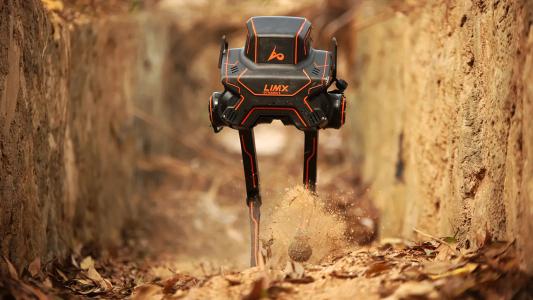AI that predicts how to improve the taste of beer could help brewers develop the next beloved brew — and avoid having their creations poured down the kitchen sink.
The beer challenge: All beers share the same basic ingredients — grain, hops, yeast, and water. But between the different varieties of the basic ingredients, different alcohol contents, and optional special ingredients, like fruits or spices, brewers have a near-infinite number of flavor combinations they can try when developing a new beer.
To help them know when they’ve landed on a winner, they might ask trained beer experts to judge their new creations, but tasting sessions can be expensive, and panelists’ opinions are subjective. Once the session is over, the brewer might know what the experts did or didn’t like, but they won’t necessarily know why or how they might be able to make a better beer.
Better beer: Researchers from KU Leuven in Belgium have now trained an AI to predict how much people will like a beer and how a recipe could be tweaked to increase drinkers’ enjoyment of it — information that could be hugely useful to brewers.
“Once we did blind tastings, the beers became better, and more generally appreciated.”
Kevin Verstrepen
To do this, they started by analyzing 250 different beers, measuring more than 200 chemical properties, including pH, alcohol content, and sugar concentration.
They then had 16 expert tasters review the beers, scoring them in 50 categories. Finally, they collected 180,000 reviews of the beers from the online platform RateBeer, which included scores for aroma, taste, and other attributes.
Armed with all of that data, the team trained an AI to find connections between a beer’s chemical properties and how much people would like it.
The experiment: To test their system, the researchers then “spiked” several off-the-shelf commercial beers with the compounds that the AI predicted would make them tastier — and it worked.
“We had the models analyze these beers and then asked them ‘How can we make these beers better?’” lead study author Kevin Verstrepen told MIT Technology Review.
“Then we went in and actually made those changes to the beers by adding flavor compounds,” he continued. “And lo and behold — once we did blind tastings, the beers became better, and more generally appreciated.”
“It’s not taking away the art of making good beer in an artisanal way.”
Kevin Verstrepen
Looking ahead: The ability of the AI to improve the taste of non-alcoholic beers, which generally receive the lowest scores from reviewers, could be their biggest application, according to Verstrepen. One of the beers they improved in their experiment was non-alcoholic, so it seems it can be done.
The team is working with Anheuser-Busch InBev — the largest brewer in the world and co-sponsor of the study — to explore that idea. Verstrepen is also collaborating with Belgian startup Bar.On to create a device that produces custom beers on demand.
While Verstrepen believes his team’s AI could help make better beer, he doesn’t envision it ever replacing human brewers.
“I really see it as a tool,” he told New Scientist. “It will be used especially to make better alcohol-free beer, but it’s not taking away the art of making good beer in an artisanal way.”
We’d love to hear from you! If you have a comment about this article or if you have a tip for a future Freethink story, please email us at [email protected].






